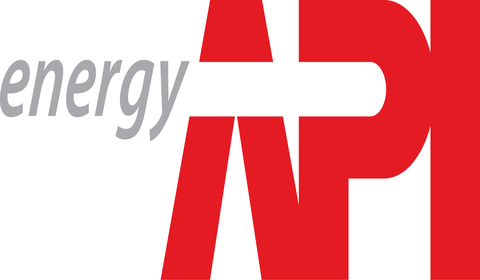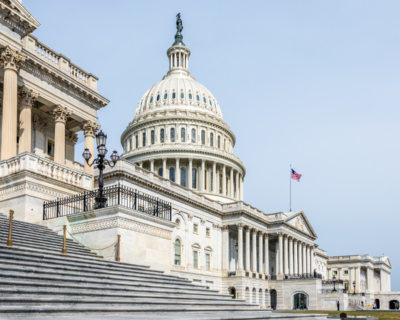
Energy Industry Attacks Proposed Higher Tax Burden
Petroleum Institute contends reduced economic activity would off-set tax generation
WASHINGTON, D.C.– President Obama’s proposed 2012 budget would remove tax incentives and subsidies for oil and natural gas production and transfer increased funds to renewable energy projects. The American Petroleum Institute, on behalf of over 450 corporate members, has countered with research that suggests tax increases would impede job creation and, in the long-run, lower government revenue.
The Energy Department estimates that repealing these tax advantages would save $3.6 billion in fiscal year 2012 and $46.2 billion over the next decade. However, previous attempts by the Obama Administration to enact such tax increases have proved futile, failing twice in the Senate in the past three years.
 Jack Gerard, API’s chief executive, says a renunciation would eliminate thousands of new jobs and that over time, as companies adjust, the losses would only accelerate. He also forecasts a mutually undesirable outcome for the federal government, since higher tax rates could lower revenue “as a result of foregone revenue from projects the tax hikes would prevent going forward.”
Jack Gerard, API’s chief executive, says a renunciation would eliminate thousands of new jobs and that over time, as companies adjust, the losses would only accelerate. He also forecasts a mutually undesirable outcome for the federal government, since higher tax rates could lower revenue “as a result of foregone revenue from projects the tax hikes would prevent going forward.”
API’s statement also disputes the administration’s claim of green job creation. The trade association asserts that from 2000 to 2008 the oil and gas industry invested over $58 billion on low and no-carbon energy technologies, more than government and other private sector industries combined.
Jackie Savitz, senior campaign director for Oceana, the world’s largest ocean conservation organization, isn’t swayed by API’s logic.
“The Industry makes investment decisions based on what will give the best return. Not based on how generous the government was with tax breaks… The industry’s threats are without merit. We have heard them before, and they never turn out to be true.”
Heather Emmert of Environment America, a federation of state-based advocacy organizations, believes concern over reduced production is erroneous. She cites a Treasury Department study.
“Eliminating all subsidies for oil companies would decrease production by ‘less than one half of one percent, even in the long run.’” Emmert also cites Breakthrough Institute research, which reports that the energy industry invests 0.23% of total revenue in research and development – below the 20% of the pharmaceutical industry and less than the 2.6% private industry average.
Sen. Mary Landrieu (D – La) has not given her approval and is “very concerned about the president’s attack on the oil and gas industry.” Senate Minority leader Mitch McConnell (R – Ky) shares Landrieu’s opinion. “We don’t really believe you cut spending by raising taxes.”
Rep. Earl Blumenauer (D – Or), on the other hand, says “It’s no longer necessary to simply fatten the bottom lines of five of the most profitable corporations the world has ever known.” At least ten Democratic senators have endorsed higher taxes on the oil and gas industry, including senate majority leader Harry Reid (D – Nev).
Democrats and Republicans need to come to a consensus soon since the stopgap-spending bill, which maintains government spending at 2010 levels, expires on March 4th.
Robert Ross is a researcher and social media strategist with the Pelican Institute for Public Policy. He can be contacted at rross@pelicanpolicy.org, and you can follow him on twitter.





